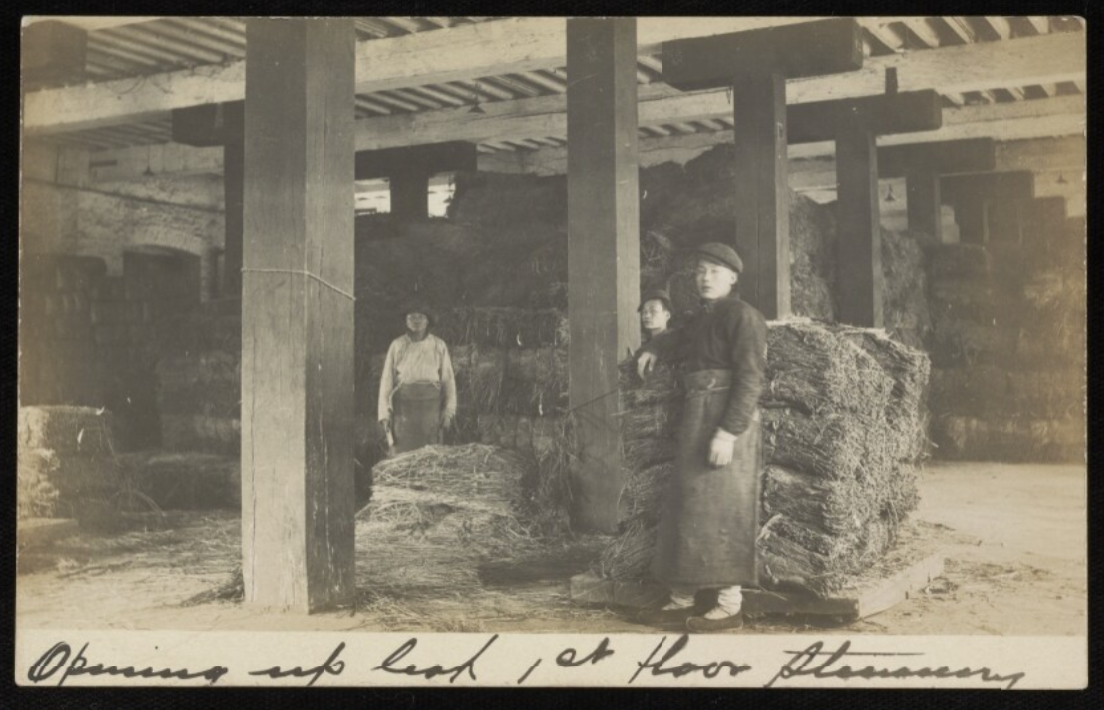Nan recently contributed to an article in Time Magazine regarding the "worst moments" in U.S. history and what we might learn from them.
1969: Attacks on the Black Panther Party’s breakfast program
In 1969, the Black Panther Party’s Free Breakfast for Children Program fed tens of thousands of hungry kids in cities across the U.S. But, fearing the Panthers’ growing popularity, the FBI and local police tried to stamp the program out. In Baltimore, police raided the breakfast with guns drawn. In Chicago, police broke into the church that hosted the breakfast at night and smashed and urinated on the food. In Harlem, the police started rumors that the food was poisoned.
The FBI won the battle in some places because parents became afraid to send their kids to the breakfast. In other places, the tactic backfired as the community claimed the Panthers as their own. In future years, the Panthers renamed and expanded their community-based “survival programs” and, ironically, the USDA used the Breakfast Program as a model for a federal school breakfast program.
The Black Panther Party was explicitly militant, but it also had a visionary program of mutual aid. The FBI did not want people to understand that nuance, but we can only reckon with our history if we do. Looking at today’s movement for Black Lives, it’s equally important not to get lost in rhetoric, and to look instead at what activists are actually doing in their communities.





